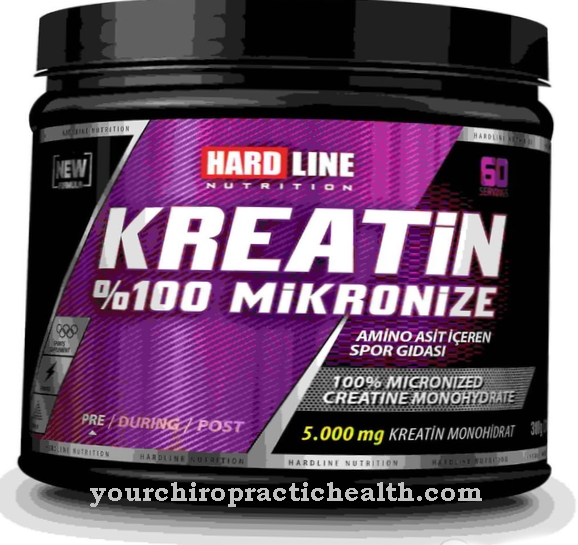Even if it sometimes seems that way, given the many guides on the market, pregnancy is not a disease. Basically applies to the Diet in Pregnancy therefore: what tastes good is allowed. Usually, during pregnancy, a woman knows very well what is right and important for her. But of course there are also some things that pregnant women should consider in their diet.
How many calories do pregnant women need?
Being pregnant does not mean that the pregnant woman has to eat for two. The calorie requirement hardly changes during the first two thirds of pregnancy. This means that pregnant women no longer have to eat in the first six months of pregnancy. Depending on age, height, weight and activity, the requirement is around 2000 kilocalories per day.
In the last trimester of pregnancy, however, the calorie intake should be increased by around 200 kilocalories per day. The calorie intake should also be adjusted if twins or multiples are expected. Even if the BMI was below 19 before pregnancy, an increased calorie intake is necessary. Overweight and obese pregnant women, on the other hand, should be careful not to consume too many calories.
The body needs more vitamins
The body doesn't need calories for two, but a good supply of vitamins is essential for a child's development. Vitamins play a key role in the formation of red blood cells. They promote the development of the unborn child and contribute to a healthy and complete development.
What you need now: folic acid, iodine, iron
The vitamin folic acid is of particular importance during pregnancy. Iodine and iron also play an important role. Even before pregnancy, women should double their folic acid intake if possible if they want to have children. If the diet does not provide sufficient folic acid intake, a dietary supplement should be considered.
Folic acid can prevent the dreaded neural tube defects (open back) in children. The recommended daily dose is at least 600 µg (= 0.6 mg). Iron deficiency is common during pregnancy. However, a lack of iron increases the likelihood that the child will have a low birth weight at birth.
With lower iron levels, the risk of infection for mother and child also increases. During pregnancy, the unborn child depends on the mother's iodine supply. Therefore, expectant mothers need more iodine than before pregnancy. This increased need can only be met with difficulty with normal food, so that iodine intake in tablet form is recommended to pregnant women.
What vegetarians should watch out for
With a balanced vegetarian diet, the nutrient supply can also be ensured during pregnancy. However, to ensure an adequate iron supply, pregnant women who are vegetarian should have their iron levels checked regularly.
If this is below the required values, you should supplement iron if necessary. If you avoid sea fish, you should also take omega-3 fatty acids through dietary supplements. These are important for the child's development.
What vegans should look out for
A vegan diet during pregnancy is only recommended for women who have been vegan for a long time before pregnancy and are familiar with the vegan diet and lifestyle. Vegan pregnant women should also supplement folic acid, vitamin B12 and iron in consultation with their doctor.
What are pregnant women not allowed to eat and drink?
There are a number of products that should absolutely be avoided during pregnancy. In particular, raw or not completely cooked meat is taboo. Raw sausage, tea sausage, raw ham, tartare or pâté can contain toxoplasmosis pathogens that can cause severe disabilities in babies.
Cold smoked ham and cold smoked fish are also not recommended. Ready-made salads and packaged delicatessen products do not belong on the menu as they can contain various bacteria. The same applies to raw milk and products made from raw milk. Cheeses such as brie, ricotta, feta and gorgonzola should also be avoided. These products occasionally contain listeria.
These pathogens can damage the baby's brain. Raw fish should not be consumed for the same reason. It goes without saying that alcohol should be completely avoided during pregnancy. Alcohol during pregnancy affects the child's development in each trimester and causes serious harm to the unborn child.
Be careful with medicinal herbs!
Fennel, caraway and aniseed can have a beneficial effect on flatulence in particular. During pregnancy, however, the medicinal herbs should be consumed with caution. Anise and fennel stimulate the uterus in large quantities. In smaller doses, however, they are generally harmless.
Shepherd's purse, lady's mantle, bloodroot and mugwort also stimulate the uterus and can sometimes cause birth defects. They should only be used under expert guidance. Clove oil, celandine and black cohosh can also trigger early labor and endanger the child's well-being.
How diet can influence your child's allergy development
More and more children suffer from allergies. Some studies suggested that avoiding allergenic foods during pregnancy could have a positive effect on children's allergy tendencies. In fact, nutritionists today no longer recommend avoiding certain foods to prevent allergies.
In order to give the child a healthy and vital start in life, a healthy and balanced diet with plenty of fruit and vegetables is recommended. The occasional consumption of fish and white meat can also have a positive effect on the child's health.

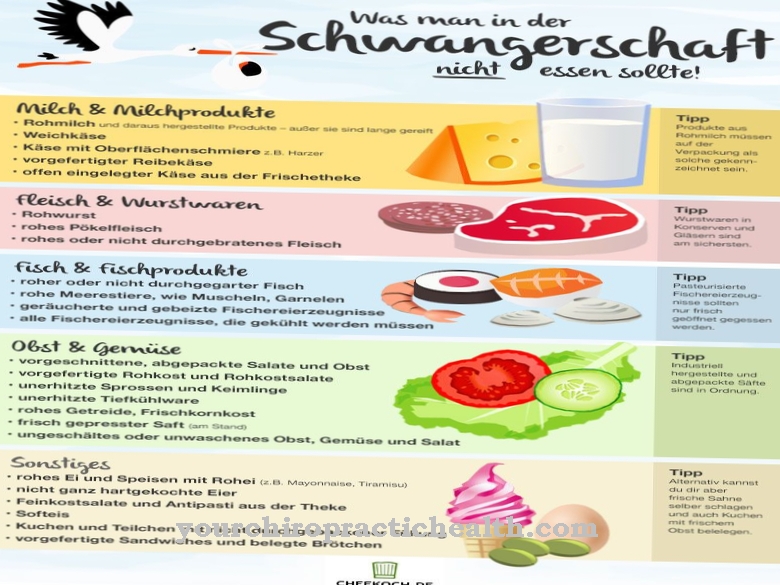

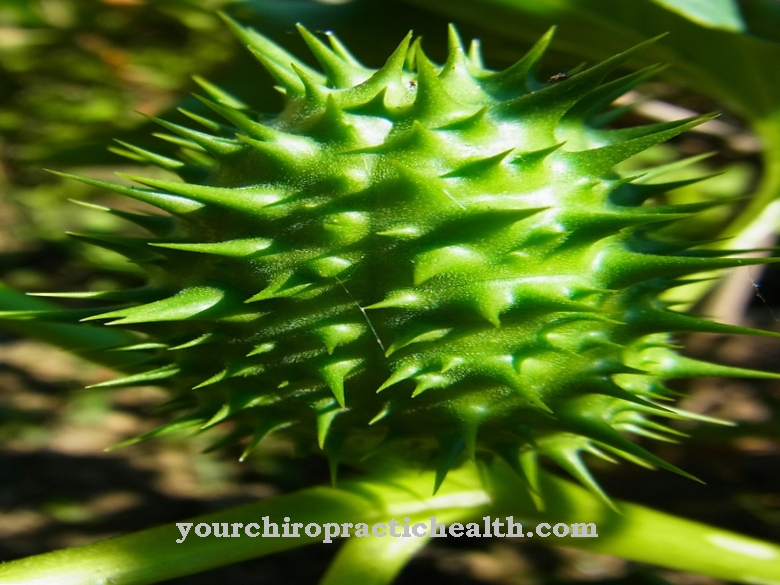
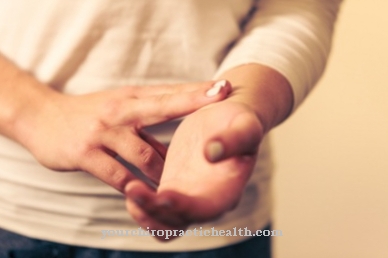
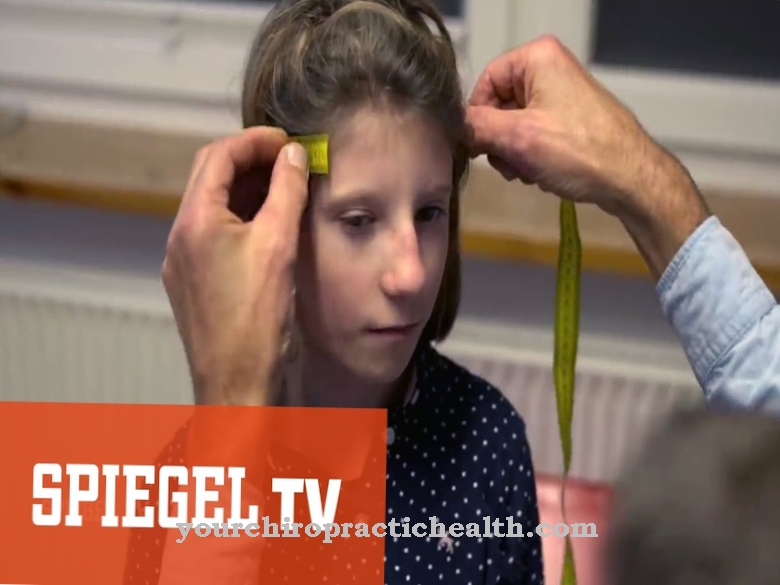
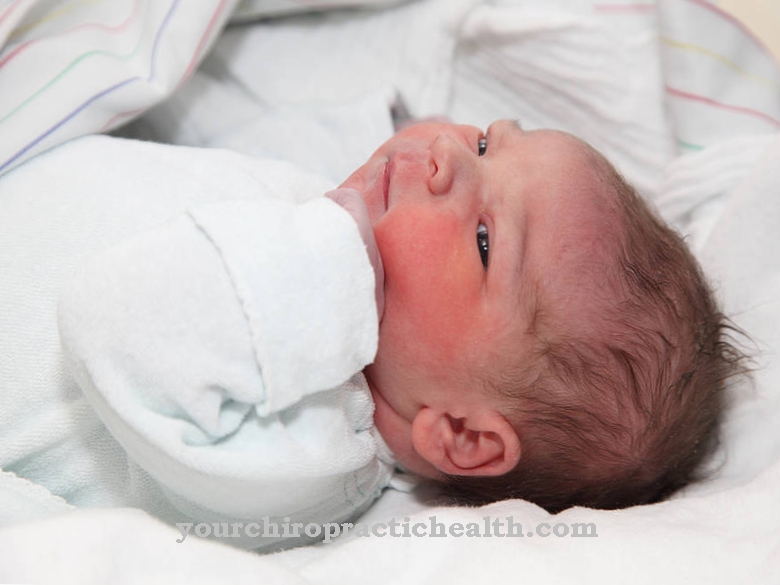

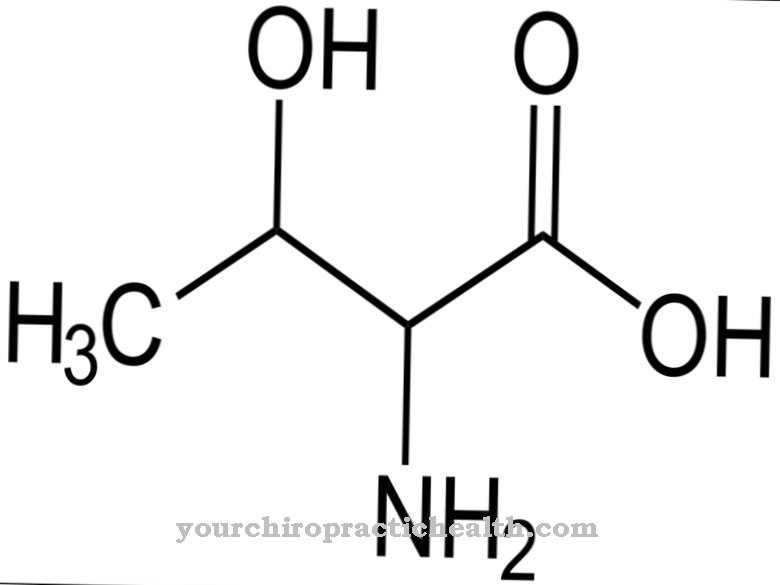
.jpg)



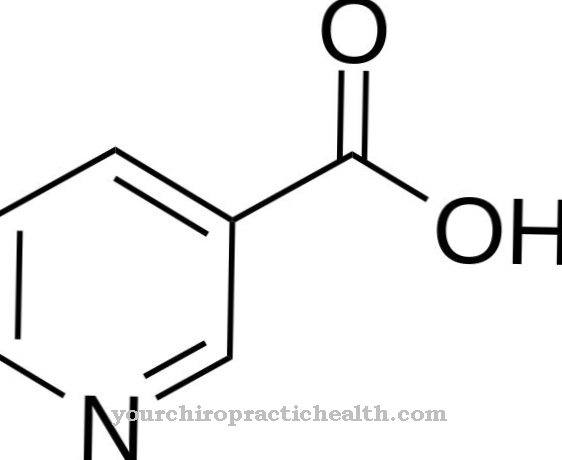

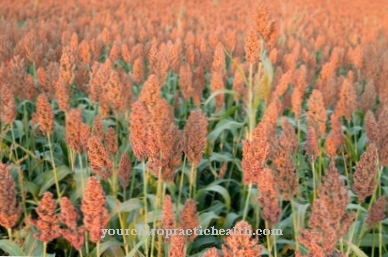
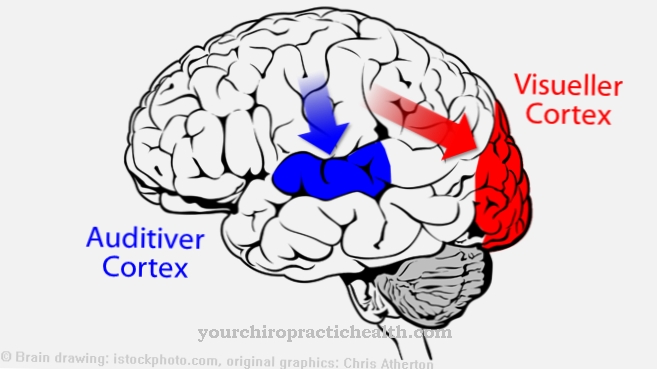
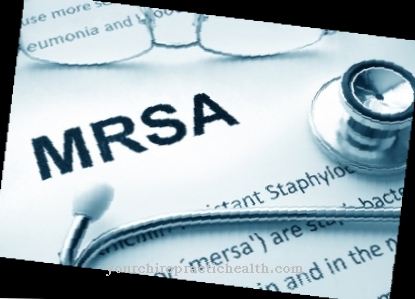

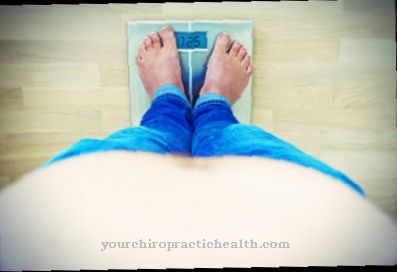


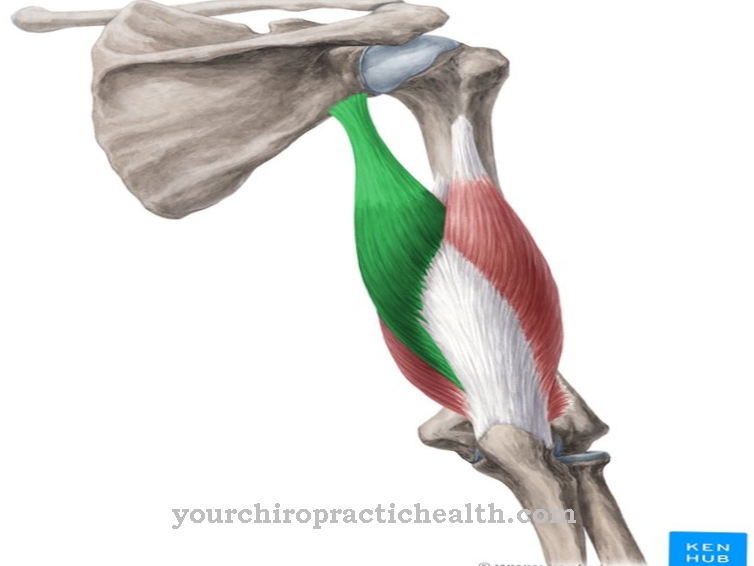
.jpg)

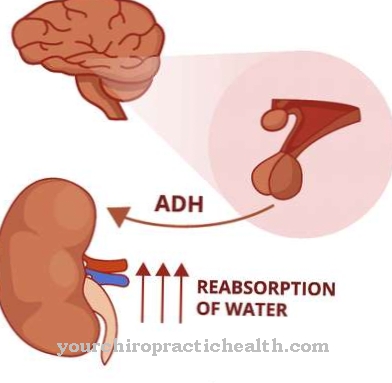
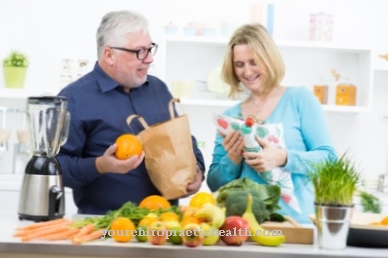
.jpg)
